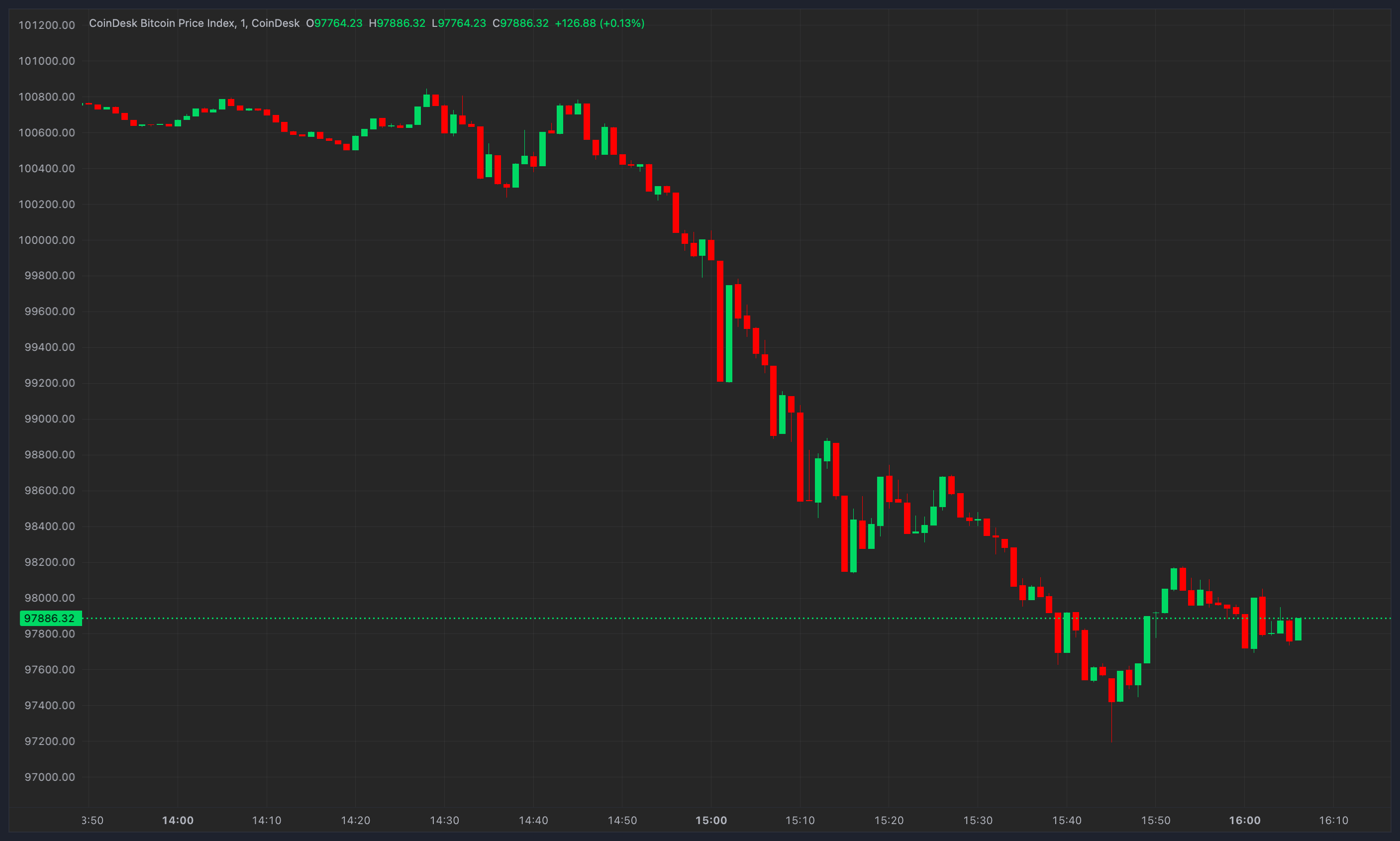Under the mattress, in the seams of a piece of luggage or even rolled into a cigar, what are the worst and best ways for keeping a seed phrase safe? The key to unlocking and recovering cryptocurrency, a seed phrase, should be secured and safe.
Especially now that prices are low and the crypto tourists have checked out, it might be time for a crypto security spring clean. Security starts with a seed phrase, sometimes called a recovery phrase.
There’s no denying it: Bitcoin and the crypto space writ large are in the clutches of a bear market. Since Do Kwon’s Terra experiment went up in smoke, a crypto contagion has choked the most reputable of exchanges, causing many self-sovereignty advocates to chant, “not your keys, not your coins.”
Indeed, hardly a day goes by that another “trusted” crypto lender freezes customer withdrawals. From Singapore’s crypto lender Vauld to Thailand’s crypto exchange with 200,000 customers, Zipmex, to the world-renowned Celsius exchange, many centralized lending platforms have suffered similar fates, ensuring heartbreaking consequences for customers in 2022.
These circumstances are timely reminders to look after one’s own keys and to ensure they are in a safe place. So, while prices are low and trust in centralized exchanges (places that claim to look after crypto), also hits rock bottom, there is no better time to up the security of one’s crypto assets.
Seed phrases save lives
A seed phrase, sometimes called a private key, is a list of 12 or 24 words forming a mnemonic phrase. Metaphorically speaking, a hardware wallet, or cold wallet, contains these keys providing a convenient way of sending, or “signing” funds.
If looked after properly, a seed phrase can save lives, as Alex Gladstein, a human rights activist and chief strategy officer at the Human Rights Foundation, often states. For example, if a burglar steals a hardware wallet but not the seed phrase, it’s no critical issue — the seed phrase can be used with a new wallet. If a government or bad actor forces you to flee, the 12 or 24 words can be used anywhere in the world to access Bitcoin (BTC) or crypto funds.
Goldbug and Bitcoin skeptic Peter Schiff once bungled his seed phrase, confusing it for his pin code. That’s the first mistake to avoid. Now, here are some other examples of where not to store a seed phrase.
Open secrets
The couple in possession of the Bitfinex billions in Bitcoin, who stored their seed phrase on their cloud storage account, take the first prize. As Cointelegraph reported, cybercriminals Heather Morgan and her cybersecurity specialist husband, Ilya Lichtenstein, stored their seed phrase on a cloud storage account. As such, the FBI only had to crack their iCloud password to gain access to over $4 billion in BTC at the time of reporting. The lesson here is to not store let your seed phrase on the internet. That means your Evernote notes, in a draft email or even in a low engagement tweet:
Some of posts get so little engagement. It’s the best place to store my seed phrase.
Sun. Match. Hope. Air. Rocket. Clock. Finger. Mat. Bath. Grass. Lights. Congress.
— Karma is hibernating (@Karma_Zeus) July 17, 2022
Similarly, as Cointelegraph reported, one must never type a seed phrase into a phone. Why? Because, as one Redditor realized, smartphone text prediction could actually guess a seed phrase. Text prediction, while at times useful for tricky spelling or emojis, is counterproductive when it comes to protecting personal wealth.
Although it sounds fitting, a fridge is also not the ideal place for the “cold” storage of cryptocurrencies. A Bitcoin enthusiast replied, “Fridge,” to the question “where is the weirdest place to store a seed phrase?” without explaining whether the seed phrase should be stored inside or on top of the fridge. As it turns out, a nonfungible token (NFT) fan had already stored a seed phrase on the fridge:
Best way to store seed phrase https://t.co/9k0nHFNjeK
Read More: cointelegraph.com









 Ripple USD
Ripple USD  NKN
NKN  Thena
Thena  BakerySwap
BakerySwap  ParallelAI
ParallelAI  M3M3
M3M3  Hippocrat
Hippocrat  Keep Network
Keep Network  Renzo
Renzo  QuarkChain
QuarkChain  aixCB by Virtuals
aixCB by Virtuals  Lista DAO
Lista DAO  Catizen
Catizen  SynFutures
SynFutures  Milady Cult Coin
Milady Cult Coin  Rekt
Rekt  OpenServ
OpenServ  APF coin
APF coin  We Love Tits
We Love Tits  Solend
Solend  Neon
Neon  AVA (Travala)
AVA (Travala)  Toshi
Toshi  Radiant Capital
Radiant Capital  Resolv RLP
Resolv RLP  Wagmi
Wagmi  Islamic Coin
Islamic Coin  Orchid Protocol
Orchid Protocol  Gods Unchained
Gods Unchained  Cortex
Cortex  Pangolin
Pangolin  XPLA
XPLA  LUKSO
LUKSO  Cobak
Cobak  Stafi
Stafi  Skey Network
Skey Network  Wojak
Wojak  Minswap
Minswap  Marblex
Marblex  Koma Inu
Koma Inu  ALEX Lab
ALEX Lab  Radworks
Radworks  michi
michi  Milady Meme Coin
Milady Meme Coin  KIKICat
KIKICat  Masa
Masa  Zebec Network
Zebec Network  XBorg
XBorg